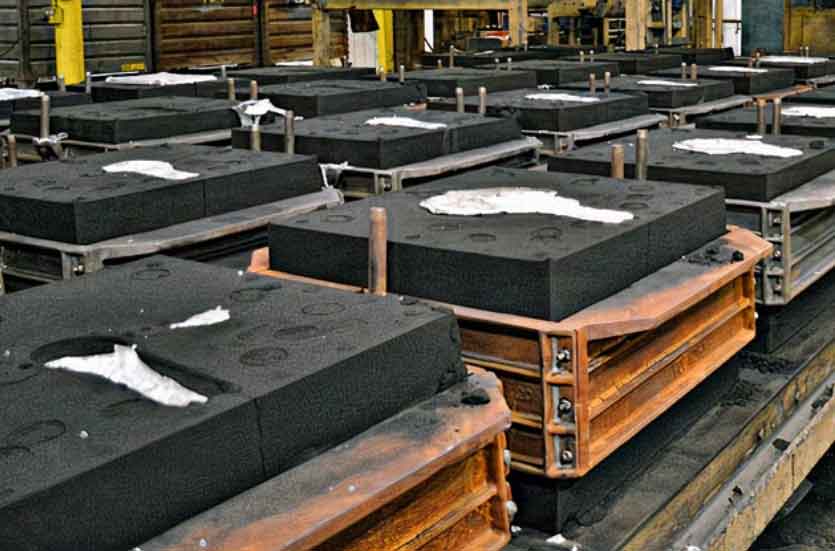
1. Advanced Simulation and Digital Twin Technology:
- Simulation and digital twin technologies are likely to see further advancements in resin sand casting. These tools will enable more accurate and comprehensive analysis of mold filling, solidification, and cooling processes, leading to improved process optimization and defect prediction.
2. Additive Manufacturing Integration:
- The integration of additive manufacturing (3D printing) with resin sand casting will continue to grow. 3D printing allows for the rapid production of patterns and cores, enabling faster prototyping and reducing lead times for tooling.
3. Sustainable and Eco-Friendly Practices:
- Foundries will likely focus more on sustainable practices in resin sand casting to reduce the environmental impact of the casting process. This may involve the use of eco-friendly resins, sand recycling, and energy-efficient technologies.
4. Automation and Robotics:
- Automation and robotics will be increasingly implemented in resin sand casting processes to enhance productivity and efficiency. Automated systems for mold handling, pouring, and post-casting finishing can streamline operations and reduce labor costs.
5. Industry 4.0 Integration:
- Industry 4.0 concepts, such as the Industrial Internet of Things (IIoT), data analytics, and real-time monitoring, will find applications in resin sand casting. These technologies will enable smart and connected foundries, leading to improved process control and predictive maintenance.
6. Improved Materials and Alloys:
- Advances in material science may lead to the development of new, high-performance alloys specifically designed for resin sand casting. These materials will offer enhanced mechanical properties, thermal resistance, and corrosion resistance, expanding the range of applications for resin sand cast components.
7. Post-Casting In-Line Inspection:
- In-line inspection methods, such as optical or X-ray inspection, will likely be integrated into the resin sand casting process to ensure real-time quality control and early detection of defects.
8. Hybrid Casting Processes:
- Hybrid casting processes that combine resin sand casting with other casting methods, such as investment casting or lost foam casting, may emerge to leverage the benefits of multiple techniques and address specific component challenges.
9. 3D Sand Printing:
- Advancements in 3D sand printing technology may lead to more precise and intricate sand molds, further enhancing the capabilities of resin sand casting.
10. Artificial Intelligence (AI) and Machine Learning (ML) Applications:
- AI and ML algorithms may be used to optimize process parameters, predict casting defects, and enhance process stability in resin sand casting.
As technology continues to evolve, these trends and innovations are expected to shape the future of resin sand casting, enabling more efficient, cost-effective, and sustainable manufacturing practices in the foundry industry.
